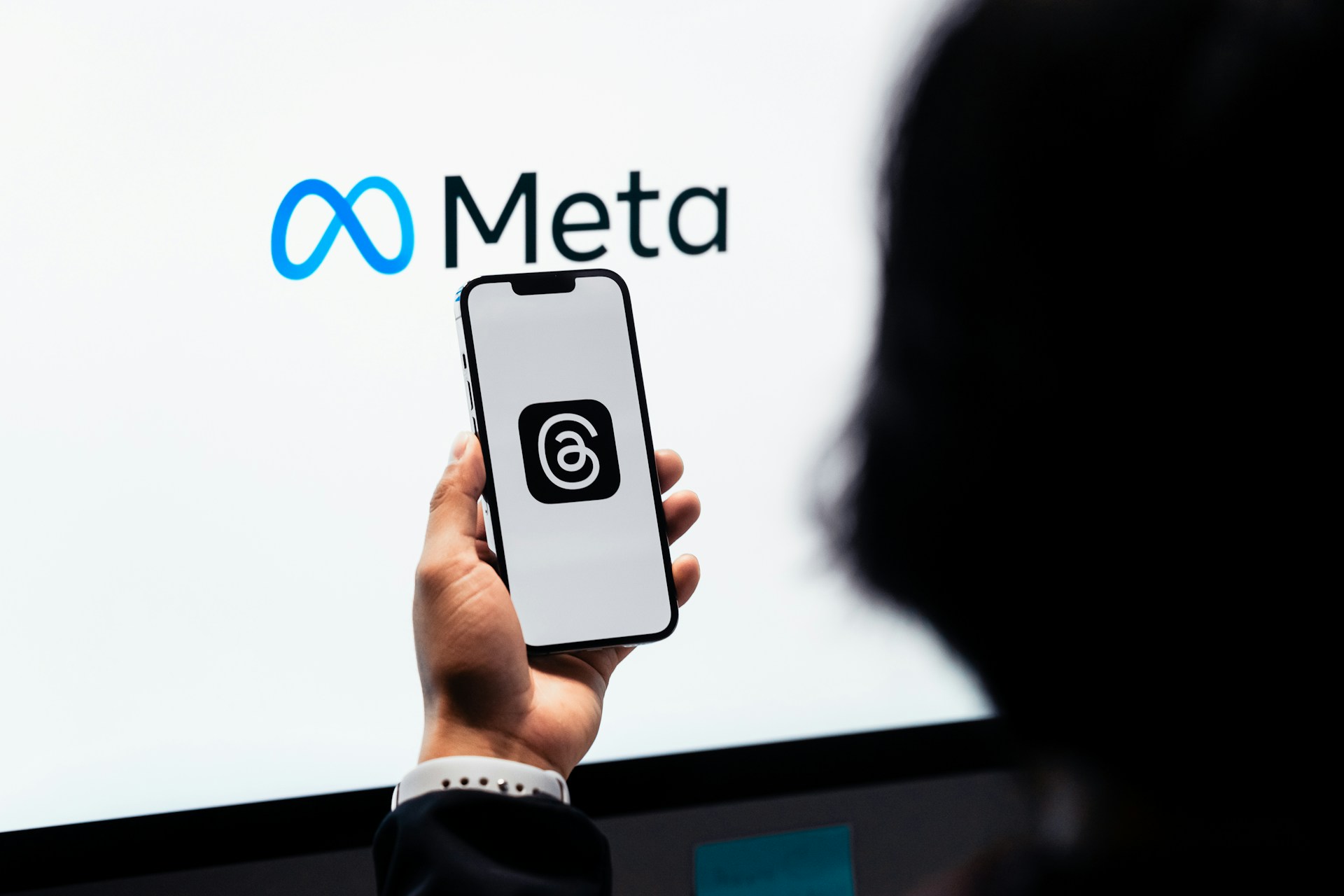Elon Musk’s lawyers are moving to block OpenAI from obtaining documents tied to Meta’s reported US $97.4 billion bid for the AI firm, escalating an already fraught courtroom battle. OpenAI has asked a judge to compel Meta to release communications involving the bid, including exchanges with Mark Zuckerberg, but Musk’s team insists the requests are overly broad and duplicative. Meta has also resisted, arguing that the information should come directly from Musk or his AI company, xAI.
OpenAI maintains the scope is narrow, limited to a brief period of weeks, yet essential to establish whether discussions took place verbally rather than in writing. Such a finding could trigger depositions of Musk and his close associates. The clash follows a ruling in August requiring Musk to face claims that he orchestrated a sham bid and engaged in public defamation, with a jury trial set for spring 2026.
At stake is more than legal procedure; it is the credibility of AI’s corporate governance. This dispute underscores the volatility of alliances in a sector where partnerships can quickly turn adversarial and billions of dollars hinge on control of innovation. Transparency, disclosure, and accountability are increasingly defining the competitive landscape alongside breakthroughs in models and infrastructure.
For the global technology industry, the case offers a reminder that legal frameworks and boardroom decisions are as critical as algorithms in shaping the trajectory of artificial intelligence. The courtroom drama between Musk, Meta, and OpenAI is less about one deal than about the battle for trust, influence, and leadership in a technology expected to redefine the global economy.


